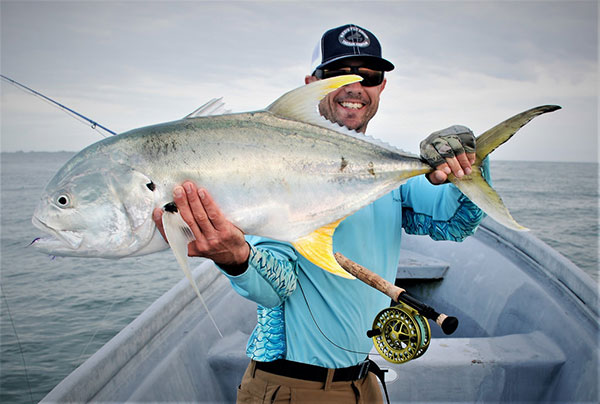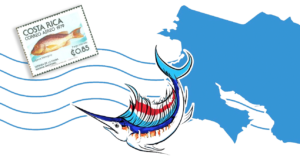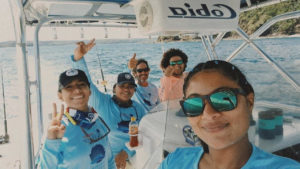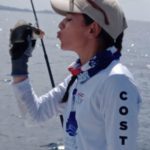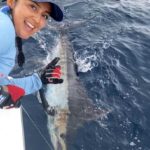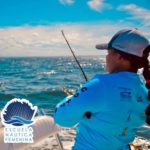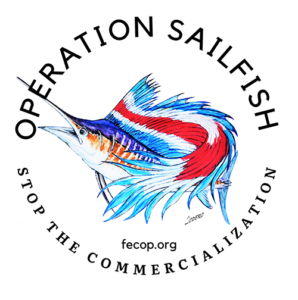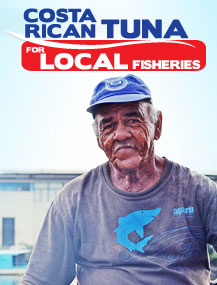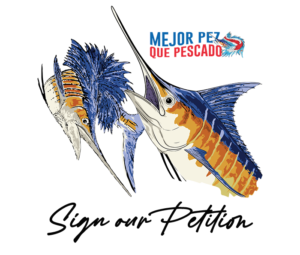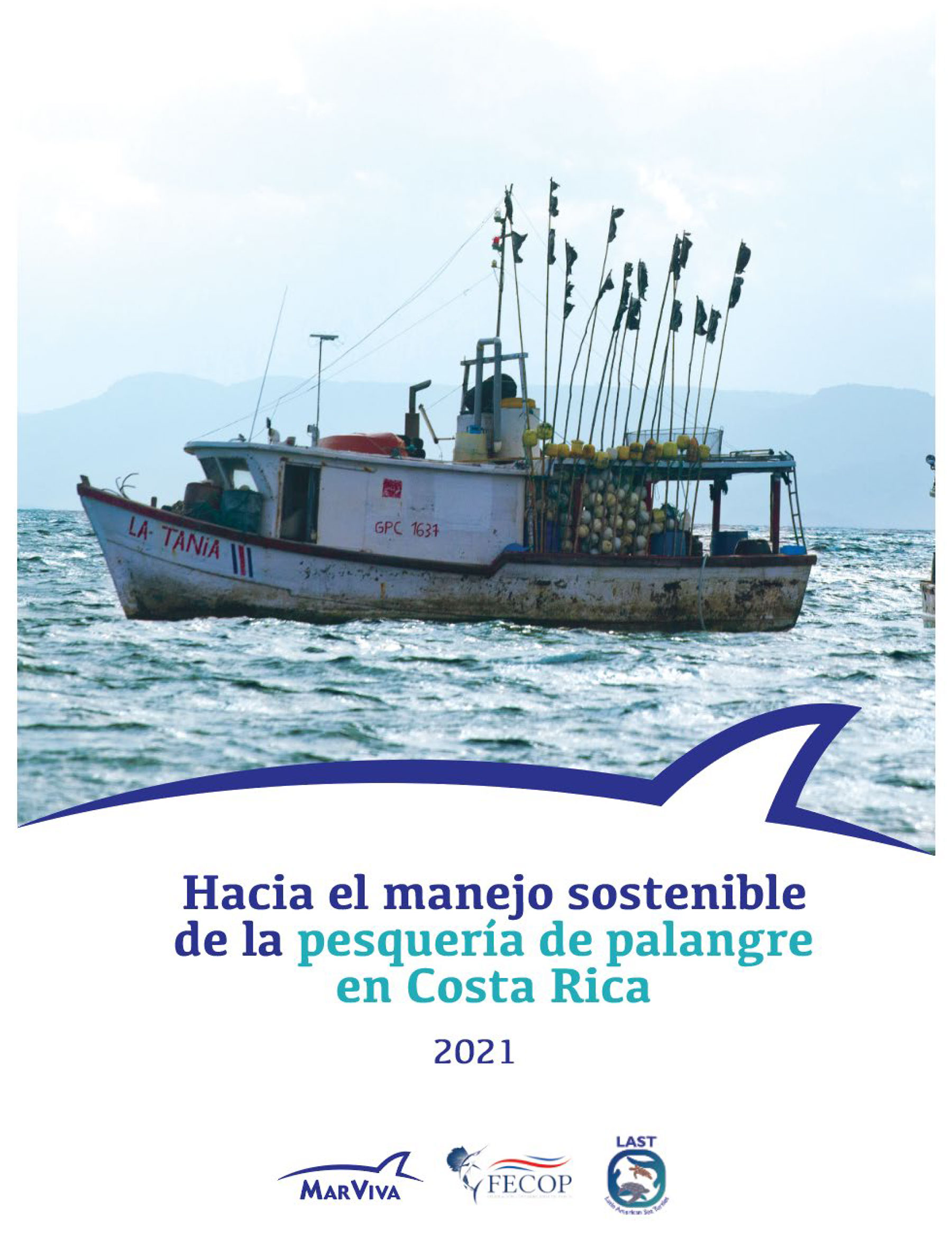Costa Rica Inshore Fishing: Jacks or Better to Open
The Jack Crevalle is once of Cost Rica’s most underrated inshore fighting fish
Published for the Tico Times
by Todd Staley February 23, 2019
For the better part of the year, the rivers running into the Caribbean side of Costa Rica look like coffee with cream because of the runoff, mostly from the volcanoes. The San Juan, which borders Costa Rica, Rio Colorado, Tortuguero and Parismina river mouths have become famous fishing destinations over the years for catching tarpon and snook.
The coffee-colored freshwater floats on the surface of the saltwater and brings nutrients to the sea that start the chain of life. The surface water looks dirty, but a couple of feet before the water is Caribbean clear, and fish have no trouble seeing to feed. As the river water pushes offshore, it collides with a current and forms a horseshoe, leaving and coming back to shore. It is as if nature had drawn a line with dirty water on one side and Caribbean emerald on the other. One side of the current will usually be flat as a pancake and the other like a washing machine on gentle cycle. Baitfish gather on the current, and the predators move in to feed.
Captains fishing the current will usually stop about 50 yards on the clear side of the current and drift back toward it. The bait of choice for years was the old Porter Sea Hawk, and bucktail and plastic jigs. In recent years, sardines, which are jigged up on small gold hooks, have become very popular.

Rolling tarpon always gets an angler’s adrenaline pumping. Photo via Pesca sabalo.
A seasoned angler from Florida worked his jig just outside the rip. Tarpon rolled on the surface nearby and the adrenaline level was rising. Finally, a tap on the line and then the rod doubled over. The angler drove the hook home and line began to scream off the reel. He was expecting to see his line head toward the surface, as it does when a tarpon takes to the air. Instead, it dug deep and he felt that old familiar head shake. He gritted his teeth as he grunted out, “It’s a #+#*#*## Jack!” Thirty minutes later, he had a 35 lb jack next to his boat that he considered a waste of time — he could have been pulling on tarpon.
Jack Crevalle are often referred to as head-shakers, bulldogs, thumpers, or the not-so-tactful words chosen by this angler because of the way they fight when hooked. They are found on both coasts of Costa Rica. For a seasoned angler used to fishing in saltwater, they might be considered a trash fish, but for a vacationing angler from somewhere in the midwest, they are one hell of a battle.
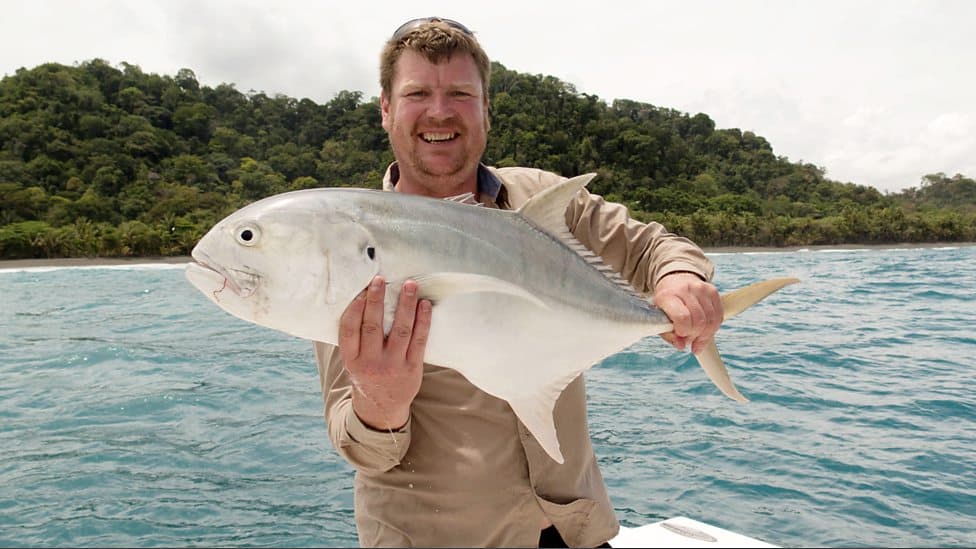
Dan Aled with a Pacific Jack caught while filming with BBC. Photo via BBC
I truly believe if they jumped and tasted better, they would be right up there on the top of the game fishing list. I remember when I was about 8 years old, when my little brother and I brought home a stringer of small jacks we had caught. My mother cooked them for dinner. I never kept another jack, although I did have one prepared by Clifford the chef on the Rain Goddess years ago in Barra del Colorado that was excellent. Local Costa Rican fishermen eat them regularly. I’m sure they know something my mother didn’t.
Jacks are ferocious eaters and fighters. They readily hit a live or dead bait, jig, popper, or almost any type of artificial offering. The Atlantic jack crevalle grows larger than its Pacific counterpart. They can grow to over 60 lbs; the Pacific species can obtain a weight of nearly 40 lbs. They are for the most part an inshore fishing species but have occasionally ventured offshore.
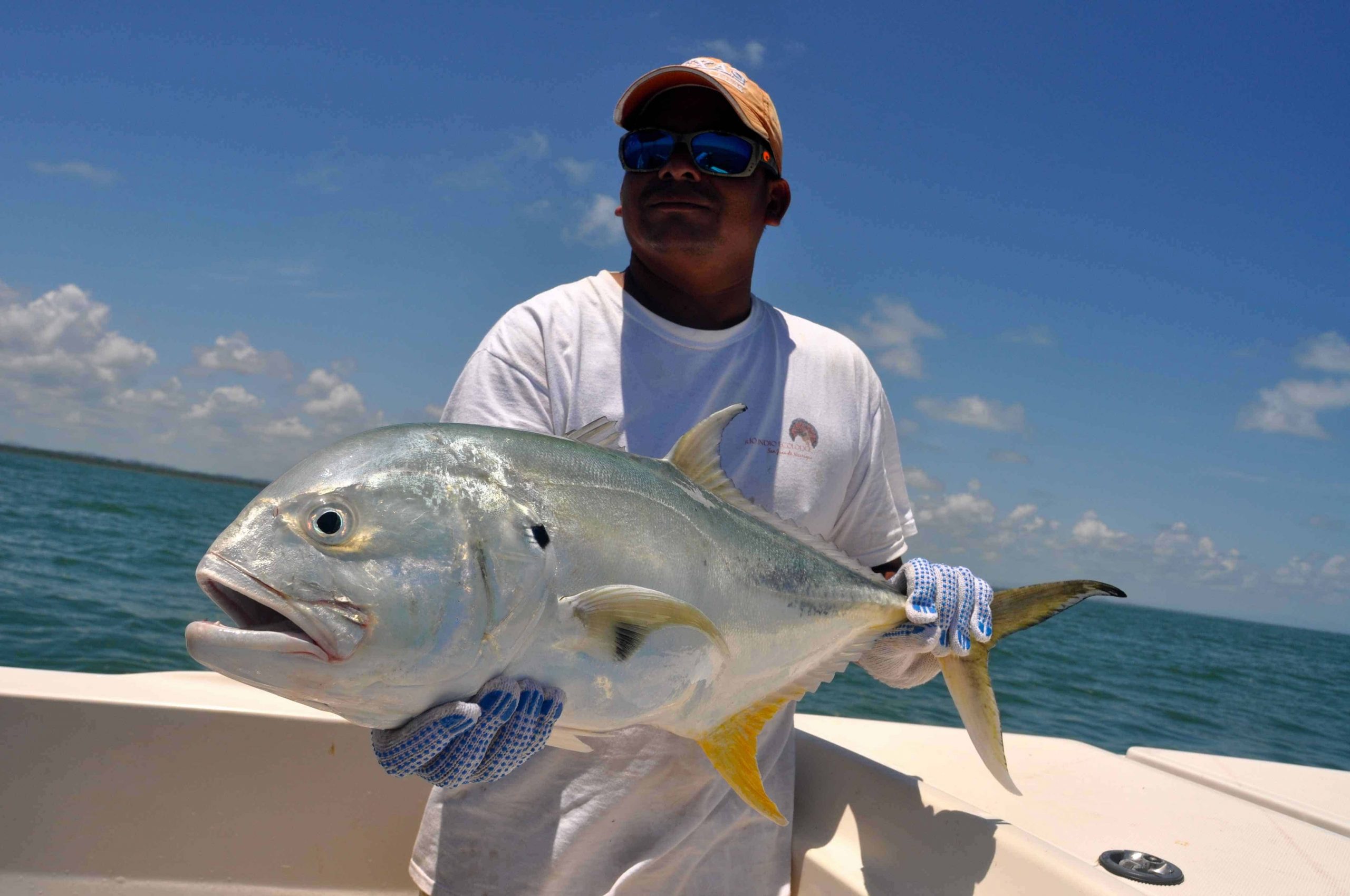
If you are fishing tarpon on the Caribbean, or roosterfish on the Pacific coast, you are more than likely going to encounter a Jack crevalle. If you are dealt a hand of a pair of jacks or better, you’ve still had a good day of fishing.
You may also like:
Learn more about Costa Rica fish species
A guide to fishing in Costa Rica
Subscribe to our Mailing List
[yikes-mailchimp form=”1″]

